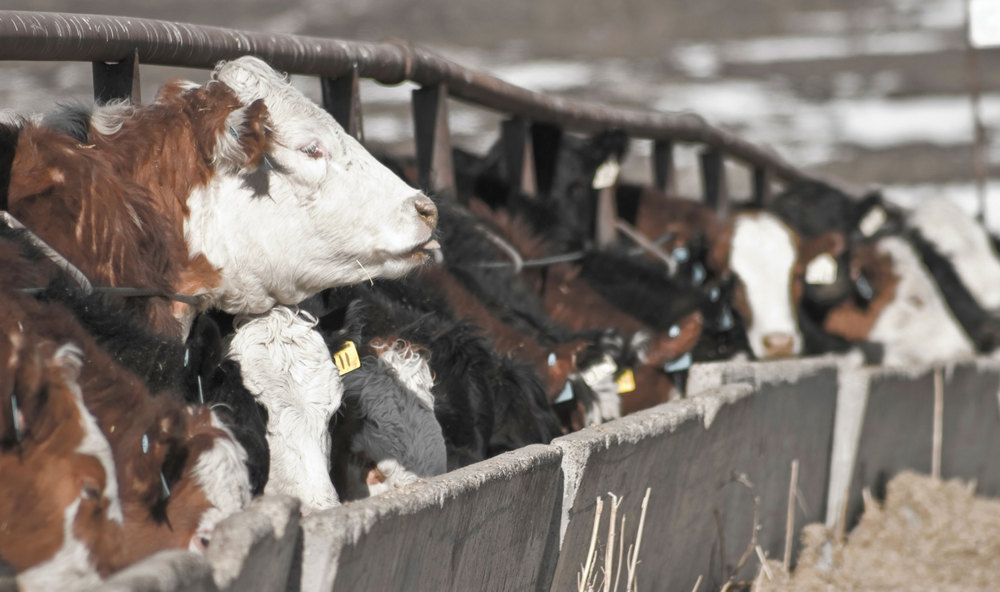Biodiesel Benefits Food, Feed, Energy Industries



April 21, 2011
BY Don Scott
After a difficult 2010, biodiesel is poised for a great year. But a boost in production coupled with rising oil prices and sustained high food costs are sure to resurrect the now-familiar argument that biofuels are driving up food prices. The reality for biodiesel, the most biodiverse liquid fuel on the planet, is that the industry has numerous benefits for the food supply, and it can be proud of the impact it has on food security.
Spiking oil prices due in part to continued instability in the Middle East are taking a toll on businesses of all kinds. This includes food companies, whose production and distribution systems rely heavily on fossil fuels and are vulnerable to the ups and downs of global oil markets.
At the same time, when petroleum prices rise, renewable energy providers tend to benefit because alternative energy becomes more competitive with higher petroleum prices. This dynamic often leaves critics looking for a scapegoat, with biofuels a convenient target.
Advertisement
Advertisement
The facts about biodiesel show that the criticism is misguided, and that biodiesel production can be a leading solution to food and energy stability.
Biodiesel is produced from a wide variety of renewable feedstocks. About half the biodiesel produced in the U.S. is made from soybean oil. The remainder is made from a variety of sustainable oils including recycled cooking oil, animal fats and vegetable oils such as canola. In every case, these feedstocks are byproducts or coproducts of food production. By creating a market for underutilized or undervalued byproducts, biodiesel reduces waste and provides a beneficial revenue stream for farms and businesses that grow and produce food. This makes the food supply more stable and secure for America as well as the countries around the world that rely on efficient U.S. production of food, fiber and livestock feed.
Livestock producers benefit from biodiesel in more than one way. By creating a market for fats that are a waste product of the livestock and meat packing industries, biodiesel adds a beneficial revenue stream. Perhaps even more significant is the lower cost of livestock feed as a result of a thriving U.S. biodiesel industry. Crops like soybeans are grown primarily to supply protein meal as feed for livestock. A study funded by USDA and recently updated by Centrec Consulting Group quantifies the reduction in protein meal prices as a direct result of using soybean oil to support the U.S. biodiesel industry. Without biodiesel in the marketplace, higher soybean meal prices could have cost the livestock industry an additional $4.8 billion from market years 2005 through 2009.
Soybeans are 80 percent protein meal by weight and approximately 20 percent oil. The quantity of soybeans produced correlates exclusively to the demand for protein meal. By increasing the utilization of the oil coproduct, biodiesel reduces the portion of production and crushing costs that must be borne by the protein meal. Therefore, consumers of soy protein meal benefit from lower costs.
Advertisement
Advertisement
Low-cost soy protein meal can also mean plentiful nutrition for people through programs like that of the World Soy Foundation, which provides nutritional rations to children in developing nations. In 2008, 360 million gallons of biodiesel from soybeans coproduced enough soybean meal for the equivalent of 110 billion rations of protein. In 2009, 247 million gallons of biodiesel from soybeans coproduced enough meal for the equivalent of 72 billion rations of protein.
The United Nations’ Food and Agriculture Organization recognizes that producing food and energy side-by-side offers the greatest potential for boosting food and energy security, while simultaneously reducing poverty. FAO recently released the study, “Making Integrated Food-Energy Systems Work for People and Climate.” The study also concludes that integrating food and energy production can be an effective approach to mitigating climate change and emissions stemming from land use change. By combining food and energy production in synergistic ways, integrated food-energy systems reduce the likelihood that land will be converted from food production.
The FAO assistant director-general for natural resources was quoted saying, “Farming systems that combine food and energy crops present numerous benefits to poor rural communities.” Among these benefits is increased investment in yield-improving technology, which further increases food security and reduces environmental impacts, including land use change and greenhouse gas emissions.
This will be a great year for biodiesel. The federal renewable fuel standard will be fully implemented, and biodiesel has a secured role in making the U.S. more energy independent and more energy secure. The efforts of the National Biodiesel Board to embrace sustainability and scientifically define biodiesel’s many environmental benefits are ensuring that consumers continue to find biodiesel an attractive alternative as America’s first advanced biofuel. Biodiesel has a bright future and has been proven to be a key step towards energy security, food security and reduced food costs.
Centrec Consulting, February 2011, Soybean Oil and Meal Economics: How Livestock Producers Benefit from Biodiesel Production
Don Scott, Director of Sustainability, National Biodiesel Board
Upcoming Events





